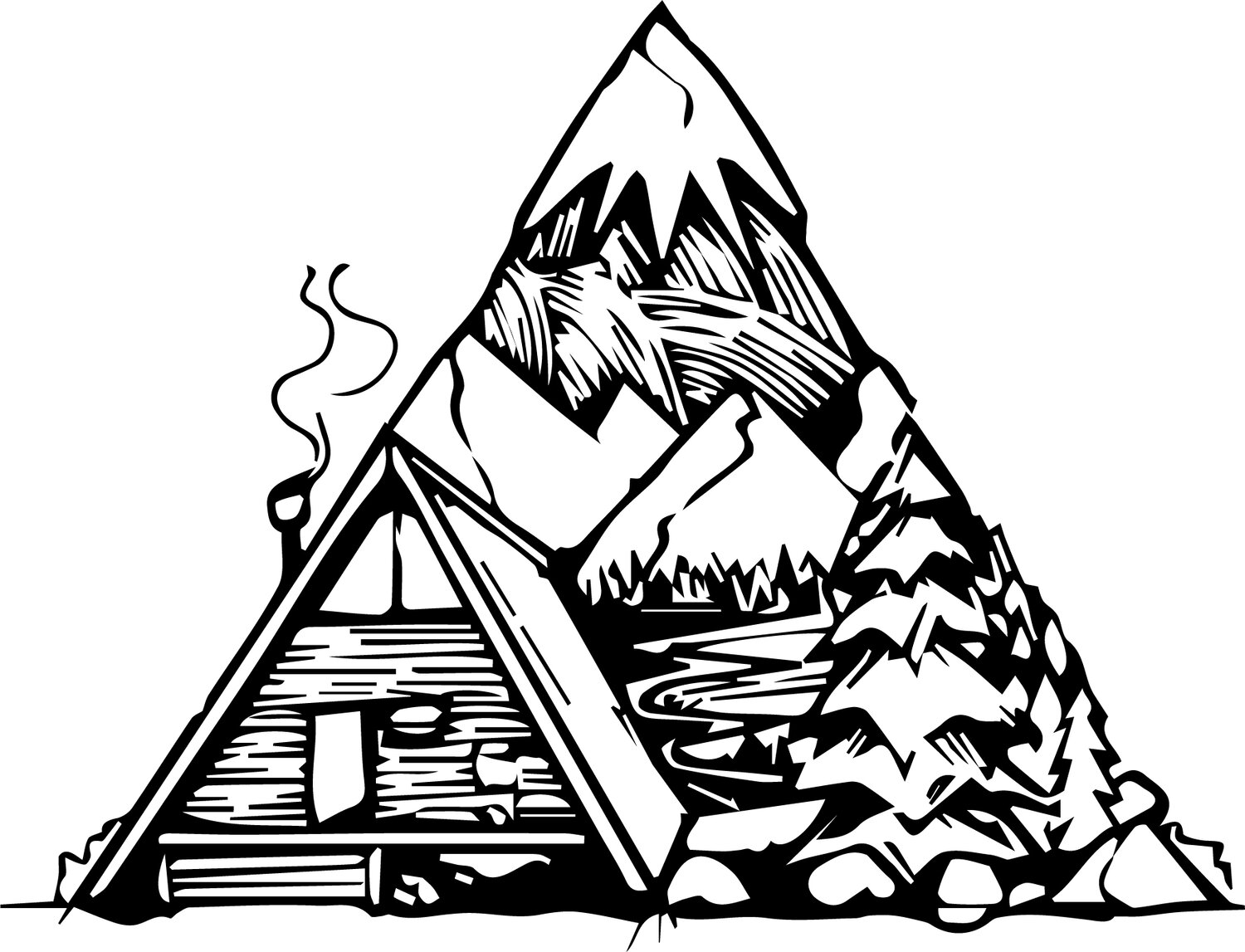Climate Change
These impacts extend well beyond an increase in temperature, affecting ecosystems and communities in the United States and around the world. Things that we depend upon and value — water, energy, transportation, wildlife, agriculture, ecosystems, and human health — are experiencing the effects of a changing climate.
What is climate change?
The Earth's average temperature is about 15C but has been much higher and lower in the past. There are natural fluctuations in the climate but scientists say temperatures are now rising faster than at many other times.
What are greenhouse gases?
The greenhouse gas with the greatest impact on warming is water vapour. But it remains in the atmosphere for only a few days. Carbon dioxide (CO2), however, persists for much longer. It would take hundreds of years for a return to pre-industrial levels and only so much can be soaked up by natural reservoirs such as the oceans. Most man-made emissions of CO2 come from burning fossil fuels. When carbon-absorbing forests are cut down and left to rot, or burned, that stored carbon is released, contributing to global warming. Since the Industrial Revolution began in about 1750, CO2 levels have risen more than 30%. The concentration of CO2 in the atmosphere is higher than at any time in at least 800,000 years. Other greenhouse gases such as methane and nitrous oxide are also released through human activities but they are less abundant than carbon dioxide.
What is the evidence for warming?
The world is about one degree Celsius warmer than before widespread industrialisation, according to the World Meteorological Organization (WMO). It says the past five years, 2015–2019, were the warmest on record. Across the globe, the average sea level increased by 3.6mm per year between 2005 and 2015. Most of this change was because water increases in volume as it heats up.
How much will temperatures rise in future?
The change in the global surface temperature between 1850 and the end of the 21st Century is likely to exceed 1.5C, most simulations suggest. The WMO says that if the current warming trend continues, temperatures could rise 3-5C by the end of this century. Temperature rises of 2C had long been regarded as the gateway to dangerous warming. More recently, scientists and policymakers have argued that limiting temperature rises to 1.5C is safer.
How will climate change affect us?
There is uncertainty about how great the impact of a changing climate will be. It could cause fresh water shortages, dramatically alter our ability to produce food, and increase the number of deaths from floods, storms and heatwaves. This is because climate change is expected to increase the frequency of extreme weather events - though linking any single event to global warming is complicated.

